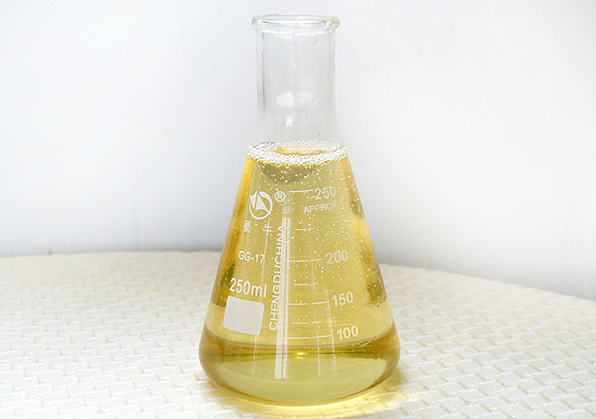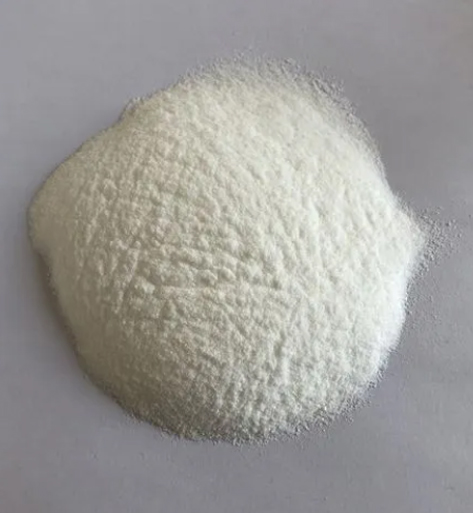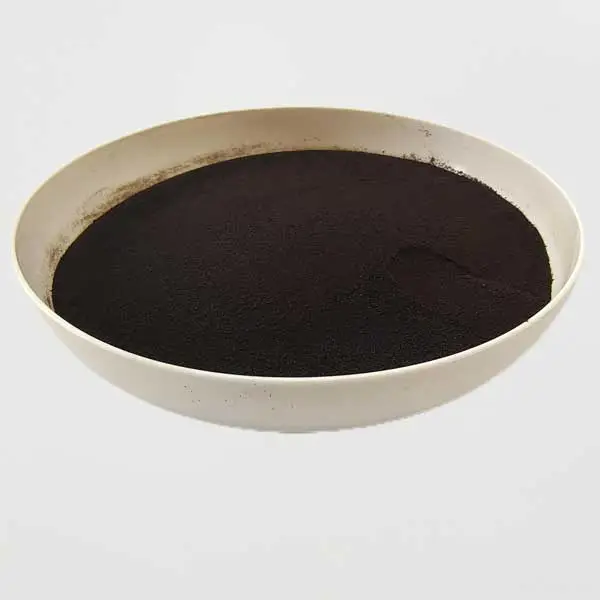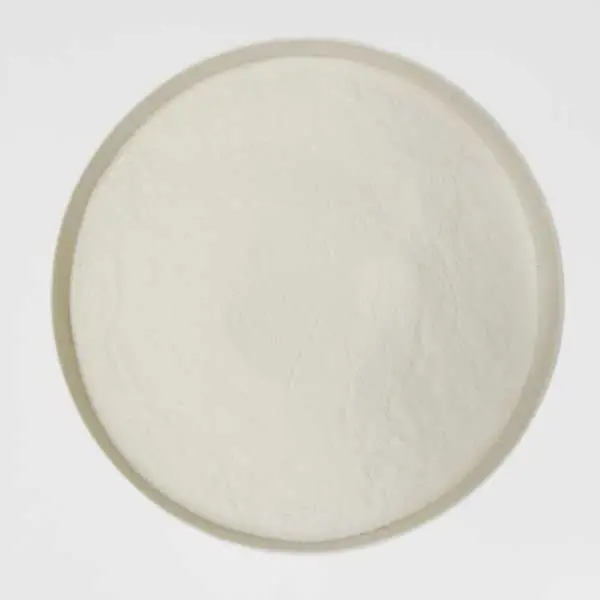Research on Testing and Application of Concrete Admixtures
Analysis of the effects of concrete admixtures:
Concrete admixture is a chemical substance added during the concrete preparation process. It can alter the physical and working properties of concrete, thereby optimizing its performance. Firstly, concrete admixtures play an important role in improving the performance of concrete. On the one hand, it improves the strength and durability of concrete. By adding an appropriate amount of admixtures, such as reinforcing agents and retarders, the compressive strength, tensile strength, and freeze-thaw resistance of concrete can be improved, and the overall mechanical properties of concrete can be improved. On the other hand, it can also improve the chemical resistance of concrete. For example, adding admixtures such as waterproofing and anti-corrosion agents can reduce the penetration of water and chemicals into concrete, improve its durability and service life. Secondly, concrete admixture plays an important role in regulating the workability of concrete. Working performance refers to the plasticity, flowability, and toppability of concrete during the construction process. By adding admixtures such as water reducing agents, thickening agents, and plasticizers, the fluidity and adhesion of concrete can be changed, making it more plastic and flowable, making construction operations and pouring easier. In addition, adding air foaming agents, stabilizers and other additives can also control the bubble content and stability of concrete to meet different engineering needs.

Research on specific application measures of concrete admixtures:
(1) Application of water reducing agents
From the performance of water reducing agents, their water reducing and efficiency enhancing effects are more obvious, with rich technical connotations. If you want to ensure the overall slump of concrete materials and combine the advantages of water reducing agents, you can effectively reduce the water consumption of concrete in the unit, lower the overall water cement ratio, and thus achieve the development goal of improving the strength of concrete structures. Meanwhile, the effective use of this method can also better improve the density and durability of concrete materials. If the overall water consumption of concrete materials remains unchanged, combined with the advantages of water reducing agents, the flowability of concrete materials can be further improved. While maintaining stable concrete strength, the use of water reducing agents can also achieve the development goal of reducing cement dosage. Reduce unnecessary construction cost investments and reduce cost expenditures. At present, various forms of water reducing agents have emerged in the market. There are extremely significant differences in the application scope and effectiveness of different types of water reducing agents. Workers need to use them effectively based on the actual situation on site.

(2) The use of early enhancers
Early strength agents are mainly suitable for winter construction or emergency repair projects. If the construction environment temperature is found to be high or below -5 ℃, this additive cannot be used. For large volume concrete materials, a large amount of hydration heat is released during use, and early strength agents are not suitable for use. The most widely used early strength agents at present are sulfate early strength agents and chloride early strength agents. Among them, the most significant benefit is the chloride early strength agent, which contains substances such as sodium chloride and calcium chloride. During the use of this early strength agent, calcium chloride can react chemically with the relevant components in cement, further increasing the solid phase ratio in cement paste and promoting the formation of cement paste structure. After completing the above work content, the problem of excessive free water in concrete in traditional work can be reduced, and the influence of porosity can be reduced, truly achieving the development goal of high strength and high density. It should be noted that chloride early strength agents are likely to have a certain corrosive effect on steel structures during use. Given this issue, this type of admixture is not suitable for prestressed concrete construction operations. In the research of sulfate early strength agents, sodium sulfate early strength agent is a widely used early strength agent. From its characteristics, it has strong water resistance. When mixed with concrete materials, it can also undergo a series of chemical reactions with other components in cement, ultimately producing the required hydrated calcium sulfoaluminate. After the production of this substance, it can further accelerate the hardening rate of cement. Chloride early strengthening agents and sulfate early strengthening agents are inorganic salt early forcing agents. If corresponding work needs to be carried out at higher temperatures, this early reinforcing agent cannot be used. In actual use, staff need to choose the most suitable early strength preparation based on the characteristics of various early strength preparations and the actual situation on site.
Recommended Products
Related News About Construction Chemicals

 English
English 




